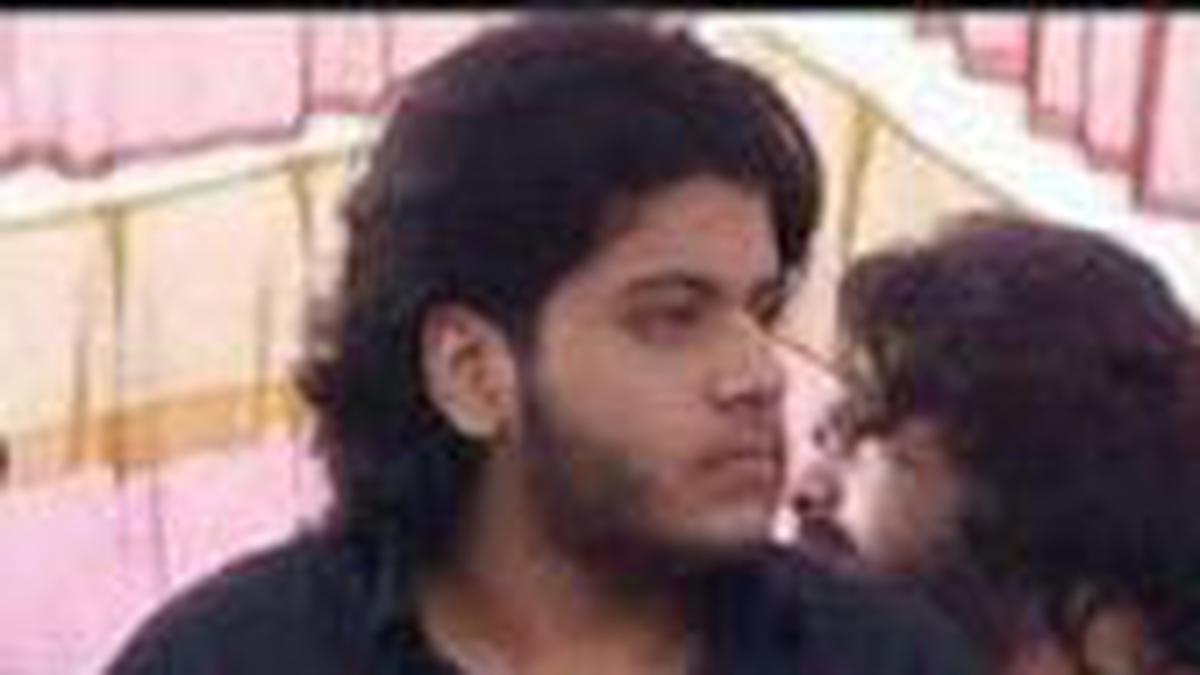
U.P. STF kills Gangster Atiq Ahmed’s son, another accused in encounter
The Hindu
Gangster Atiq Ahmed’s son Asad, and another accused were killed in an encounter by the Uttar Pradesh Special Task Force (STF) in Jhansi. He was wanted in connection with the Umesh Pal murder case, according to officials.
Gangster-turned-politician Atiq Ahmed’s son Asad, and another accused Ghulam were killed in an encounter by the Uttar Pradesh Special Task Force (STF) in Jhansi on April 13, 2023, according to officials.
Asad Ghulam were both wanted in the Umesh Pal murder case.
“Asad and Ghulam were wanted in the Umesh Pal murder case of Prayagraj and were carrying a reward of ₹5 lakh each. They were killed in an encounter with the U.P. STF team,” Special Additional Director General (Law and Order) Prasahant Kumar said.
“The U.P. STF team was led by Deputy SP Navendu and Vimal. Sophisticated foreign-made weapons were recovered from the accused. Further details are awaited,” the officer added.
Umesh Pal, a key witness in the 2005 murder case of then BSP MLA Raju Pal, and his two police security guards were shot dead outside his home in Prayagraj’s Dhoomanganj area on February 24 this year. Based on a complaint lodged by Umesh Pal’s wife Jaya Pal, a case was registered on February 25 against Atiq Ahmad, his brother Ashraf, Asad, Ghulam and others.
The FIR was lodged under sections 147 (rioting), 148 (rioting armed with deadly weapons), 149 (unlawful assembly guilty of offence committed in prosecution of common object), 302 (murder), 307 (attempt to murder) and 506 (criminal intimidation) of the IPC.
Atiq Ahmad is also an accused in the 2005 Raju Pal murder case.











